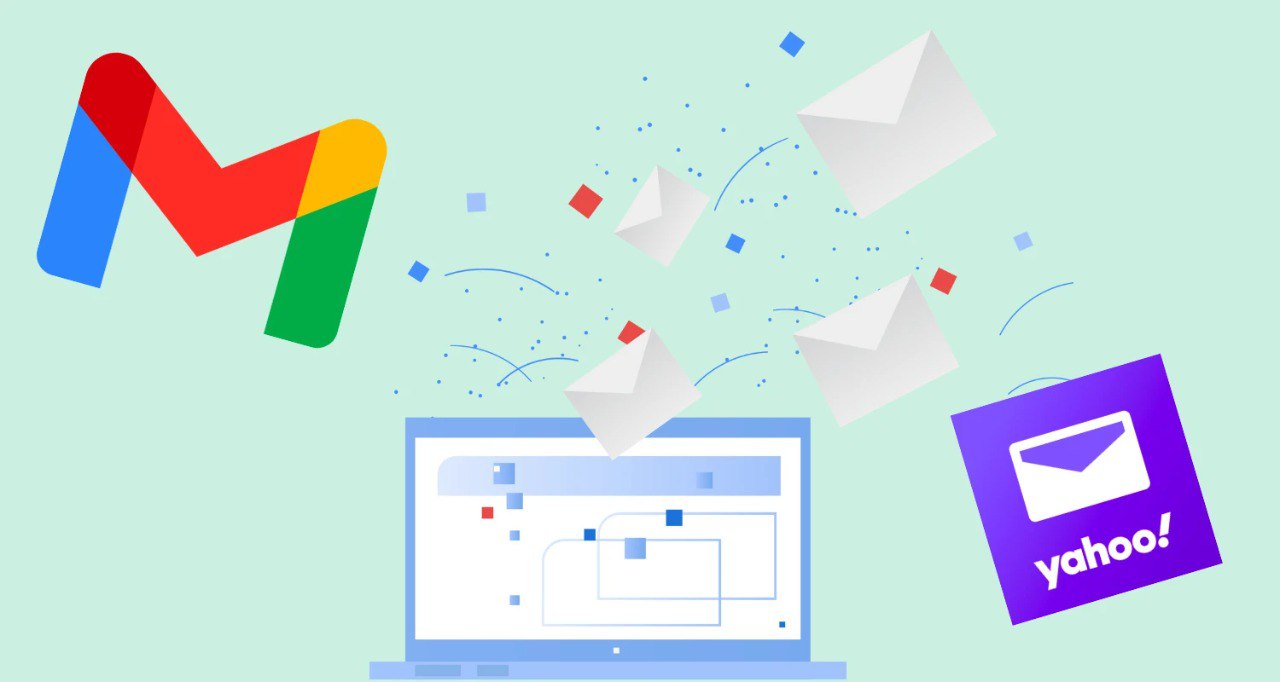The recent implementation of Google and Yahoo's email authentication policy has sent ripples through various industries, with the Merchant Cash Advance (MCA) industry showing significant disruptions. Announced in October 2023, these new changes started to roll out in February 2024 and these email giants are now mandating bulk email senders to authenticate their messages. While enhancing email security, this shift presents a challenge for Independent Sales Organizations (ISOs) and lead generation companies heavily reliant on email campaigns to source leads for MCA and Small Business Loans.
The authentication policy, designed to curb phishing and spam, requires email senders to use protocols such as SPF, DKIM, and DMARC. While this move enhances the trustworthiness of email communication, it inadvertently impedes the operations of many lead-generation firms within MCA and many other industries. The transition is neither simple nor inexpensive, requiring technical expertise and infrastructure upgrades can be tedious some smaller firms might find prohibitive.
Reports are already emerging of blocked emails due to non-compliance with the new policy, lower deliverability, and fewer conversions. The loss of email deliverability directly translates to missed opportunities and decreased revenue for companies that haven’t promptly adapted to the new requirements.
While these changes have impacted the market, they may assist conversions in the long run once bulk senders comply with the new policy. Small business owners will have less spam in their inbox and emails sent correctly will be more noticeable. Here is a guide to get you back on track!
How to authenticate your email with Google & Yahoo: Google & Yahoo Authentication Steps.


